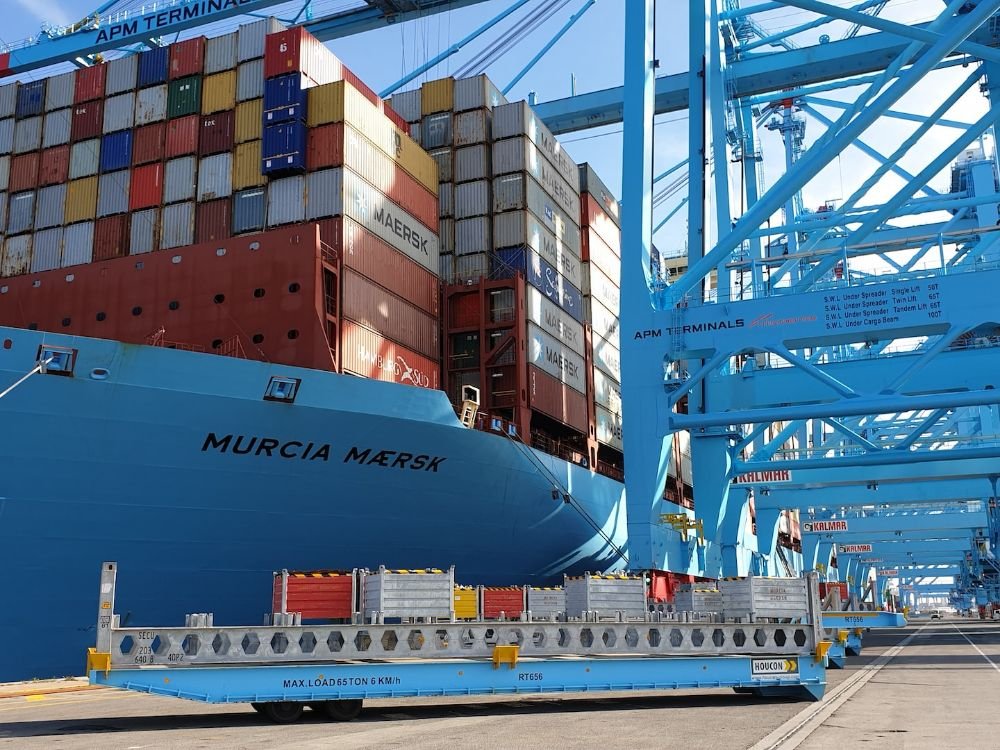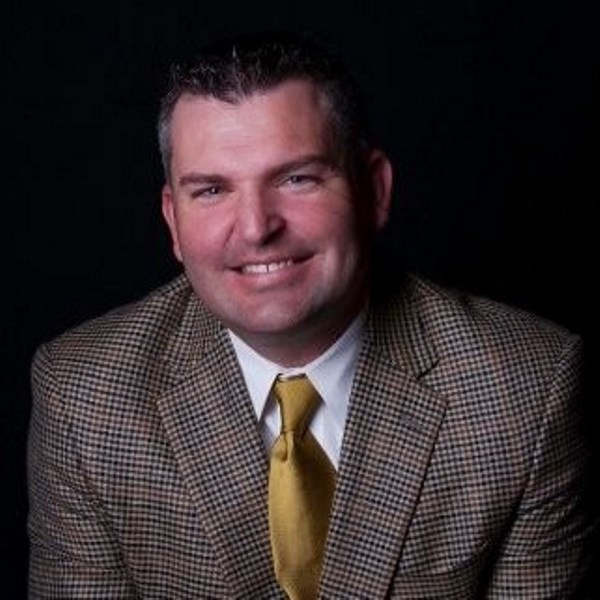America Is Ready for a Universal Registry of Known Telephone Numbers

In early 2020 the FCC began mandating the use of a new caller ID protocol called STIR/SHAKEN that was designed to authenticate caller ID numbers, and stop the epidemic of robocalling and callerID spoofing. The goal was to register phone numbers and give legitimate phone numbers a high level of attestation to associate them with actual devices and human owners. Additionally, there was a goal to require some kind of authentification on outgoing calls to prevent callerID spoofing. There is no such mechanism in place on a national scale. The goal was to persuade service providers to register their phone numbers and attest that they belong to real humans. They had a goal of giving legitimate calls an A-Level attestation, and downgrading others, as a results others would never reach their intended recipient.
This topic and potential solutions were the focus of the SIP Forum KYC Summit 2023 webinar panel: Are We Ready for a Universal Registry of Known Telephone Numbers?
Panel moderator Chris Drake was joined by fellow industry experts: Allyson Blevins, Senior Director Numbering Policy for Sinch; Adrian Lazar Adler, Sr. Manager Business Assurance for T-Mobile; Melissa Blassingame, Senior Director Business Development for Twilio; and Mike Rudolph, CTO of YouMail. There was an enthusiastic audience of industry insiders, tech experts and carrier representatives, along with some assorted lookie-loos.
The webinar began with panelists weighing in on the question: “How is STIR/SHAKEN faring in the U.S. since it was launched in mid-2021?” While the experts offered various opinions on STIR/SHAKEN’s overall effectiveness to date in mitigating unwanted robocalls, there was a general agreement that the additional data provided by STIR/SHAKEN calls would be useful to determine how to classify an inbound call, and overall, the framework is thought to be a great first step, but will need future development. This is due to challenges due to outmoded technology in the call path that strips away STIR/SHAKEN info, leased telephone numbers, and general confusion and misinformation among carriers about how to handle and classify the STIR/SHAKEN data.
Much of the webinar focused on the concept of a universal registry of Known Telephone Numbers, which according to Drake, “much like the Known Traveler Numbers we all love because they help us skip the long lines at TSA, Known Telephone Numbers, as part of the STIR/SHAKEN mandate would give legitimate calls an ‘A’ attestation so they can skip the line to terminate properly at their audience.”
Panelists discussed this topic at length, emphasizing the need for simplicity and inclusivity, and suggested a solution should provide transparency and accountability. Panelists also discussed some key considerations about sharing information about phone numbers in and out of service, maintaining privacy and company information, the practicality of obtaining legal entity identifiers for all call originators, as well as procedures for unblocking legitimate calls that have been incorrectly labeled or blocked.
The panel concluded with some statements on the need to roll out product experiences, guidelines for aggregators, education about labeling legitimate calls, and the overall need for restoring trust in the voice ecosystem. Across the board, panelists recognized the value of a universal registry of Known Telephone Numbers, but acknowledged the complexities and challenges involved in its implementation, and the importance of collaboration, simplicity, and the need for ongoing assessment and improvement of existing solutions like STIR/SHAKEN.











